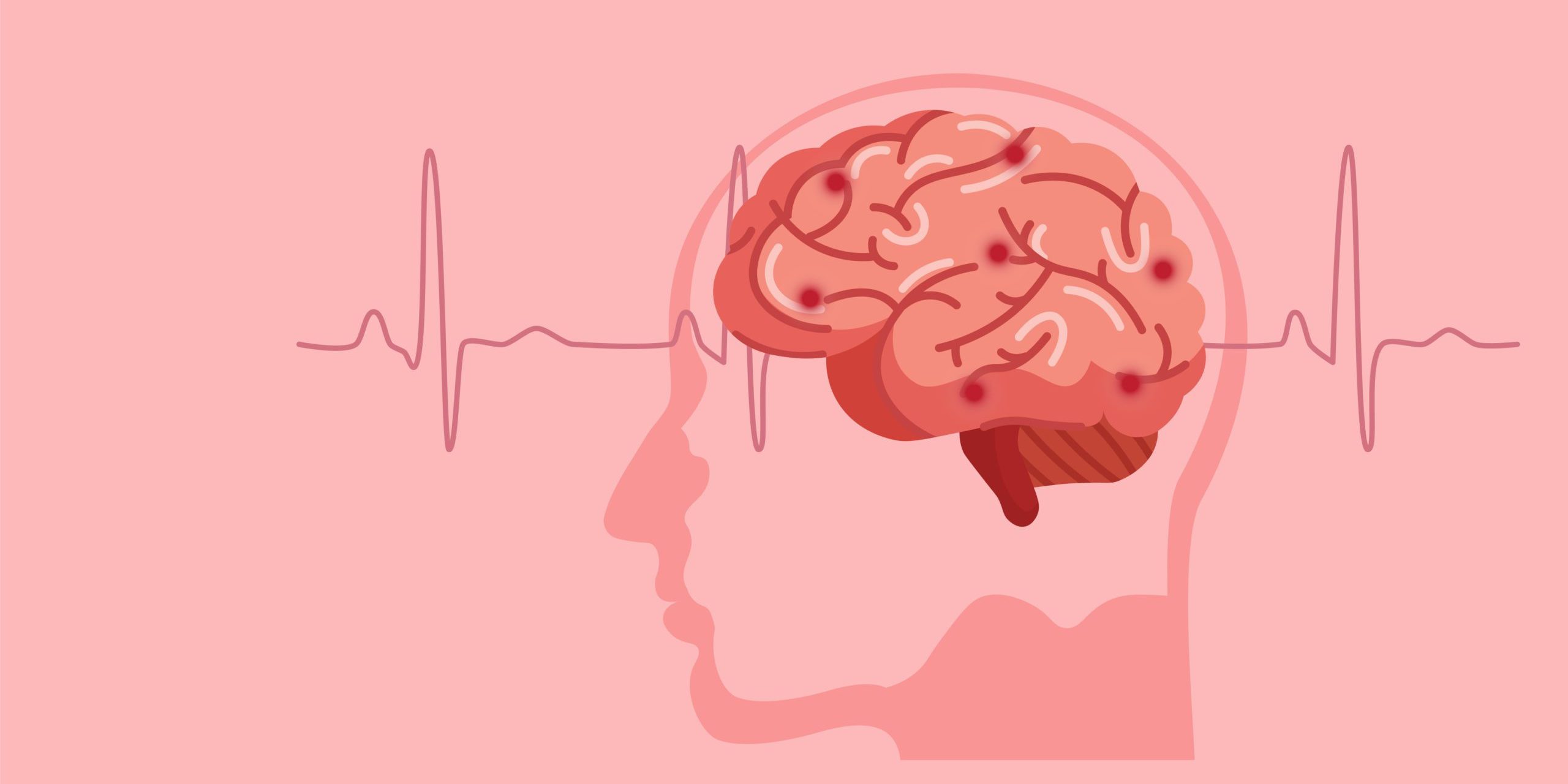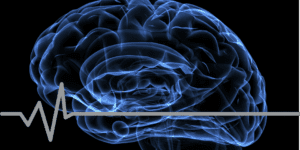
Archived Event
The Alliance Advancement Series
Presented on: Tuesday, November 30, 2021
Understanding Death by Neurological Criteria (Brain Death) is challenging, especially for families processing the loss of their loved ones. That said, it is not uncommon for families of patients exhibiting signs of brain death to react to the prognosis with denial. This discussion will highlight two cases where the healthcare and OPO teams were faced with family objection to Brain Death declaration. The first case will examine protocols implemented to address family objections that took place before testing has started, and the second will examine protocols implemented where objections occurred after the patient was declared brain dead. We will be joined by a multidisciplinary panel of professionals who will share insights and offer strategies from their unique perspectives.
- Describe the challenges surrounding Brain Death Determination from a clinical and legal perspective.
- Identify de-escalation protocols to address instances of family objection to Brain Death.
- Employ support techniques shared to aid families in crisis, struggling to process the brain death prognosis.
Members of the donation and transplantation community serving diverse populations to include administrators, coordinators, physicians, nurses, surgeons, managers, quality improvement specialists, social workers, and other donation and transplantation center professionals and their colleagues.
Continuing Education Credits
Continuing Education credits are no longer available for this learning opportunity.











